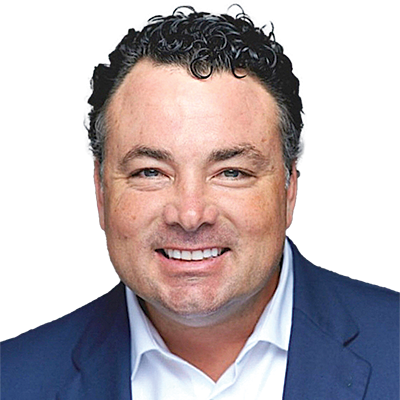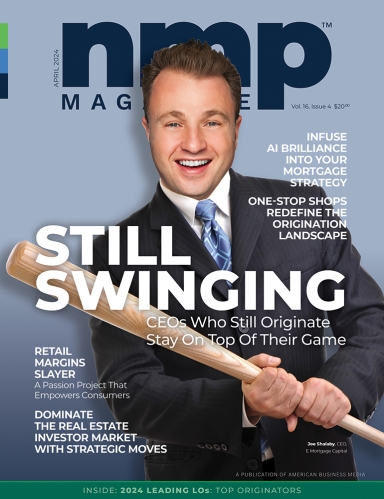Opportunities To Match The Right Borrower With The Right Loan
Self-employed property investors: According to Pew Research, there are 15 million self-employed people in the U.S.
Even if these individuals are high earners and creditworthy, responsible borrowers, they may not meet traditional agency requirements. For instance, they may take substantial tax deductions, and then can’t use their tax returns to qualify for properties they can afford. Both a Non-QM bank statement loan or a DSCR loan are options for them.
These loans are for residential properties only. However, the cash-out options are helpful for self-employed entrepreneurs who might want to make a separate investment in their business or use the funds to purchase another investment property.
Individual investors with more than 10 financed properties: Fannie/Freddie loans are not available for borrowers with more than 10 financed properties. A DSCR loan is an ideal option for these seasoned investors.
LLCs: LLCs are only able to receive DSCR financing for real-estate investment purposes.
Investors completing 1031 Exchanges: The efficiency associated with DSCR lending is helpful for real estate investors who need to meet the time requirements to complete a 1031 Exchange transaction. By selling one property and then purchasing another “like-kind property” within a defined time interval, they defer capital gains taxes.
Buyers of non-warrantable condos: Fannie Mae and Freddie Mac have recently narrowed the definition of what they consider a warrantable condominium.
Real estate investors must look at Non-QM/Non-Agency alternatives (DSCR or Non-QM) if they want a mortgage on a non-warrantable unit.
Those who have recovered from a credit event: Those who have recovered from a credit event less than seven years ago will not qualify for a Fannie/Freddie mortgage. They are also potential Non-QM/Non-Agency loan candidates.
Gaining Partner Support
Mortgage brokers and loan officers seeking to diversify into these product areas should partner with wholesale Non-QM lenders who demonstrate long-time domain expertise, longevity, and a commitment to training, scenario desk resources, and marketing support. Product diversity is key to being able to offer solutions to the various business purpose borrower types and scenarios. But having access to loan experts and in-house underwriters who can deliver fast answers and guidance makes the difference between competing for these loans and closing them.












